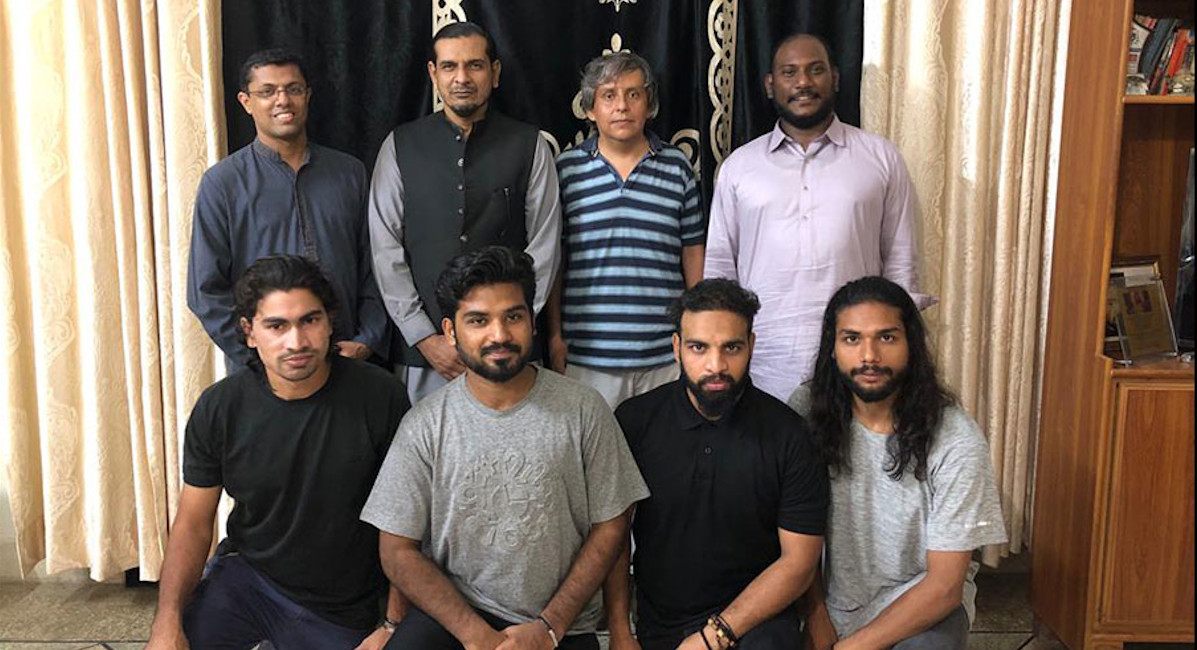Pakistan Mission

The Jesuit Mission in Pakistan: A Legacy of Dialogue, Education, and Formation
The Jesuit mission in Pakistan has a rich history marked by three distinct periods of involvement in interreligious dialogue, education, and formation. The first Jesuits arrived in the 16th century during the Mughal Dynasty, and the mission was temporarily shut down during the reign of Shah Jahan. The second period began in 1888, focusing on Karachi, Hyderabad, and Baluchistan. In 1961, a new mission was established in Lahore by four Jesuits—Fr H Schulz, Fr Robert Bütler, Fr Schockert, and Fr Joseph Pays— leading to the current and third phase of Jesuit presence in Pakistan.
Their initial efforts began in a rented house, later leading to the acquisition of a property on 28 Waris Road. Despite the initial limitation to a single residence and the operation of a hostel catering to college and university students, the Jesuits swiftly expanded their engagements. They actively participated in diverse activities, including intellectual discussions and significant contributions to education and interreligious dialogue.
The Australian Province sent men to the Pakistan mission in the early 1980s. However, due to a lack of personnel, the Australian Province closed down the mission after only six years. The Sri Lankan Province, which had supported the mission since the 1970s, took over in 1988. Local vocations were promoted, and in 2009, Fr Imran John became the first Pakistani Jesuit to be ordained.
On 1 April 2023, the Jesuit mission in Pakistan was officially entrusted to the Jesuit Conference of Asia Pacific. The current Jesuit presence in Lahore includes various members engaged in religious and lay formation programmes. Loyola Hall serves as a neutral space attracting Muslim scholars for research and seminars. The Jesuits also operate two secondary schools and a kindergarten, catering to students from economically disadvantaged backgrounds.
